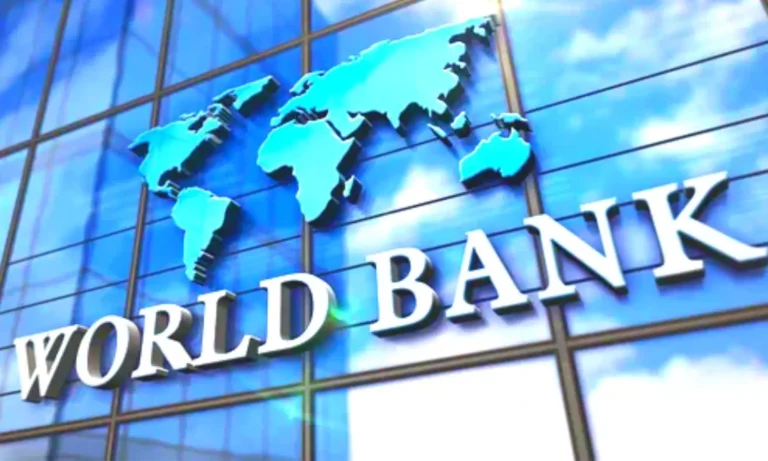The World Bank has said that Ghana remains highly vulnerable to global shocks due to the oil-driven economic growth and debt accumulation over the past decade.
The new World Bank report on Ghana’s public finance review said that Ghana’s economic growth over the past decade had been driven by oil production and debt accumulation, making the nation highly vulnerable to global shocks.
According to the report, in spite of decisive steps to stabilise the economy since 2022, the country needed to accompany fiscal consolidation with structural reforms to address the root causes of the crisis.
“This includes implementing measures to improve expenditure controls, enhance revenue collection and promote more efficient public spending,” the report said.
Speaking at the launch of The Ghana Public Finance Review Report on Wednesday in Accra, the World Bank Country Director for Ghana, Liberia and Sierra Leone, Robert Taliercio, said that Ghana needed to persist in its ambitious fiscal consolidation efforts by ensuring that adjustments were both fair and sustainable.
“It is crucial to protect pro-poor and pro-growth investment while enhancing domestic revenue mobilisation. Additionally, Ghana must address the increasing fiscal liabilities stemming from the energy and cocoa sectors,” he said.
The report by Daily Graphic on Thursday quoted the World Bank as saying that Ghana’s gross domestic product (GDP) growth of 6.8 per cent annually from 2008 to 2019 was largely fuelled by the oil sector and that the growth had come at a cost, with the country’s debt accumulation reaching alarming levels.
The report also stated that Ghana’s recent debt crisis was fuelled by a combination of factors, including weak expenditure controls, inefficient public spending, underperforming revenue collection and costly borrowing.
The report added that these underlying issues have left the country exposed to external shocks, threatening the stability of its economy.
GIK/APA


